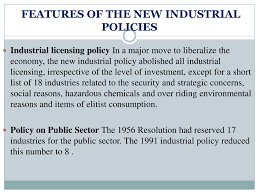
Anand Singh Bhal, Principal Economic Adviser, DIPP, has stated recently that the New Industrial Policy, to be announced soon, will address the challenges faced by the manufacturing sector encompassing of adoption of standards and quality control to impart competitiveness and take Indian manufacturing to the next level of technology to make the country’s industrial base strong.
Speaking at the 'India - Korea Technology & Education Exchange Forum' organised by FICCI jointly with Korea India Business Centre (KIBC) and Korea Productivity Center (KPC) last week, Bhal said that India has moved from an agrarian economy to service dominated one. The manufacturing sector has lagged and the time is opportune to give primacy to this sector. India is not a very strong manufacturing nation and only contributes to 16 per cent of our GDP which is not very good, he added.
Under the 'Make in India' initiative, the Government of India aims to increase the share of the manufacturing sector to the gross domestic product (GDP) to 25% by 2022. He also said that India had a lot to learn from South Korea in terms of innovation in the manufacturing sector and creating a robust industrial base. The learning and their implementation will also create large avenues for employment, the burden of which is currently borne by the services sector.
Amita Prasad, Director General, National Productivity Council (NPC), said that NPC plays a key role in promoting productivity by harnessing the strengths of technology in education. The government has planned to develop five incubation centres for Internet of Things (IoT) start-ups as part of Prime Minister's plan of 'Digital India' and 'Start-up Campaign' with at least two centres to be set-up in the rural areas to develop solutions for smart agriculture.
0 thoughts on “New Industrial Policy To Address Challenges Faced By Manufacturing Sector”